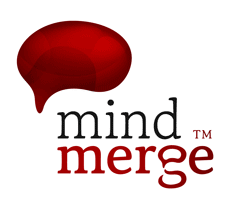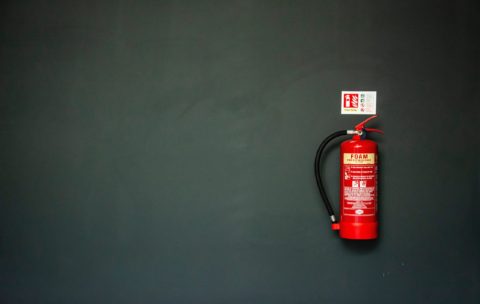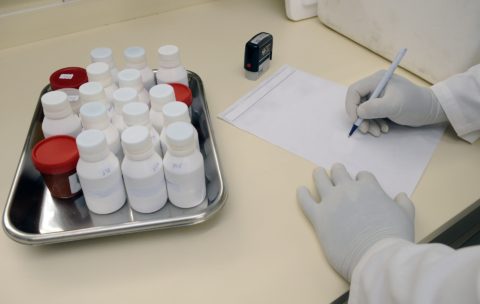Team Building Training
What you'll learn
Application of logical inquiry to issues.
understand the stages of team formation.
Gain hands-on experience in building, participating on, and leading teams in diverse contexts.
Understand how team leadership resides in action rather than position.
Learn about your own leadership style and its impact on team performance.
Build a network of fellow leaders for sharing challenges, insights and perspectives. learn to manage strong individual players within a team and draw out the best from everyone.
Team Building
What you'll learn
Application of logical inquiry to issues.
understand the stages of team formation.
Gain hands-on experience in building, participating on, and leading teams in diverse contexts.
Understand how team leadership resides in action rather than position.
Learn about your own leadership style and its impact on team performance.
Build a network of fellow leaders for sharing challenges, insights and perspectives. learn to manage strong individual players within a team and draw out the best from everyone.
Fire Fighting Training – Level 1
What you'll learn
Define what is an emergency.
Define responsibilities of fire-fighting team members.
Understand controls put in place to minimize the risk and collateral from a fire.
Identify effective communication techniques to be used in an emergency.
Identify various types of communication used by people.
Understand what is a fire.
Identify common classes of Fires and types.
Select the proper type of extinguisher.
Apply the extinguishing agent correctly.
Use and operation of fire hose and associated equipment.
Know what do if you find a fire.
Understand the three main phases of a fire.
Understand the major hazards from a fire.
Understand various rescue techniques used by fire fighters and rescue teams.
Best Practices in Food Housekeeping
What you'll learn
Learn the causes and prevention of foodborne illness
HACCP plans and active managerial control.
Responding to food emergencies and foodborne illness outbreaks.
Legal aspects of food safety.
Identify the biological, chemical and physical hazards in the food offered to consumers in a food system.
Determine which hazards are significant risks.
Determine, write and validate adequate controls for those hazards.
Write a food Safety Management Plan that provides an appropriate level of protection for customers.
Train and supervise employees to perform controls that strive for zero customer illness or injury during the life of the business.
Basic First Aid & CPR Training
What you'll learn
Identify what to do before giving care.
Check an injured person.
Identify what is CPR and when to Use it.
Identify what is an AED and When to use it.
Identify various possible emergencies.
Physically be able to administer proper first aid.
Identify how to avoid injuries.
Advanced Management Skills
What you'll learn
Recognize the various management functions and the skills associated with each one of them.
Develop key managerial competencies essential in conducting related tasks and activities
Apply a coaching approach to improve performance and maximize results
Distinguish between types of motivational approaches and when to utilize each of them
Employ a variety of analytical and problem-solving tools and methods when dealing with business challenges
Improve essential leadership habits critical to the success of a professional manager.
IOSH – Working Safely
What you'll learn
Understanding why to work safely.
Understand the difference between hazards and risks.
Undertsand hazard identification.
Appreciate and improve upon safety performance within the workplace.
Improving over-all safety performance.
Fire Warden Training
What you'll learn
define what is an emergency
understand what a fire is.
identify common classes of fires and types.
display awareness of various extinguisher types and their purposes.
Know what to do if you find a fire.
Managing conflict & Power of Positive Attitude
What you'll learn
Undertsand what conflict & conflict resolution mean.
Undertsand all six phases of the conflict resolution process.
Understand the 5 Main styles of conflict resolution.
Be able to adapt the process for all types of conflicts.
Be able to break out parts of the process and use those tools to prevent conflicts.
Be able to use basic communication tools, such as the agreement frame and open questions.
Be able to use basci anger and stress management techniques.
Examine the impact of positive attitude on personal and professional environments.
List the steps needed for improving attitude and behavior.
Apply positive psychology techniques to improve effectiveness on the job.
Identify preferred thinking patterns and filters.
Use modeling techniques to improve relationships with others.










